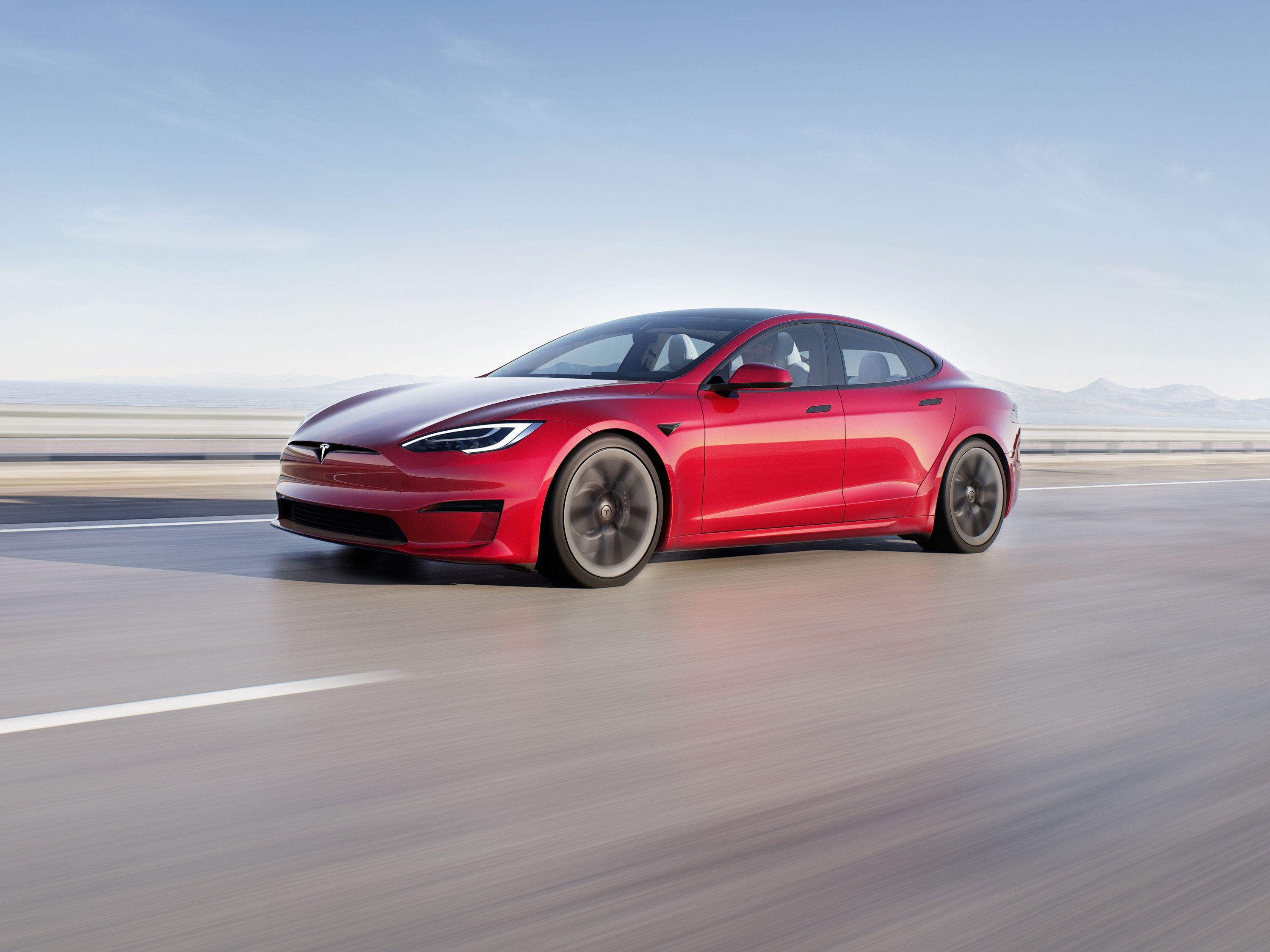
Fully electric vehicles haven't been around for nearly as long as combustion cars, so we're still learning about the potential reliability issues and repair bills that EV owners could face as the miles pile up. One Tesla Model S managed to cover 750,000 miles, which is more than can be said for most gas-powered cars, but the cost of replacing EV battery packs has come under increased scrutiny lately.
Recently, Tesla quoted a Model 3 owner an excessive $16,000 to replace the battery pack, but it was eventually repaired by an independent repair shop for a fraction of the Tesla quote. It turns out this may not have been a good thing.
Electrified Garage, the repair shop, found a simpler solution for only $700. Now, Jason Hughes - known also as Tesla Hacker - has said that replacing battery modules isn't an appropriate long-term solution, at least with regards to the Model S and X.
"Tesla's [Battery Management System] is actually quite advanced at detecting irregularities in the pack," said Hughes when speaking to Autoevolution. "In a normal unmodified pack, if a module or cell group started to no longer match capacity (SoC/CAC) with the rest of the pack, the BMS was designed to detect this and fail as gracefully and safely as possible." The BMS would initially limit range before eventually rendering the car undrivable.
According to Hughes, he initially believed that a much cheaper module replacement was a successful solution. That was until he tried it himself and found that although the car initially operated perfectly following the repair, it started losing range after only five charge cycles. After one month, it only retained around 20% of its usable range. Hughes went on to try the same fix several more times, with the best result being a battery that performed well for only a year. This is why a repair like the one performed by shops like Electrified Garage and Gruber Motor would allegedly not work over a longer period of time.
"The problem with these fixes is that they do make the car work again," said Hughes. "It's the long term that's the problem. It could be days, could be a year… but they all eventually fall back due to the SoC imbalance."
In response to the claims from Hughes about these battery repairs not lasting, CEO of Gruber Motor, Pete Gruber, was confident about the work his company did in repairing Tesla batteries.
"It's simple: we figured out how to do it, he hasn't," said Gruber. "We have been putting Teslas back on the road, Roadsters, and now Model S's, for years with no issues. How does he think Tesla created [remanufactured] battery packs in Lathrop, California? We carefully match CAC values on modules to eliminate the incompatibility issue Jason talks about."
Clearly, Hughes and Gruber don't agree on how a faulty battery pack should be remedied. It's a tricky scenario for owners of older Teslas who may wish to extend the life of their cars for a shorter period instead of spending money on a brand-new battery pack that's worth an unreasonably high percentage of the car's value.
